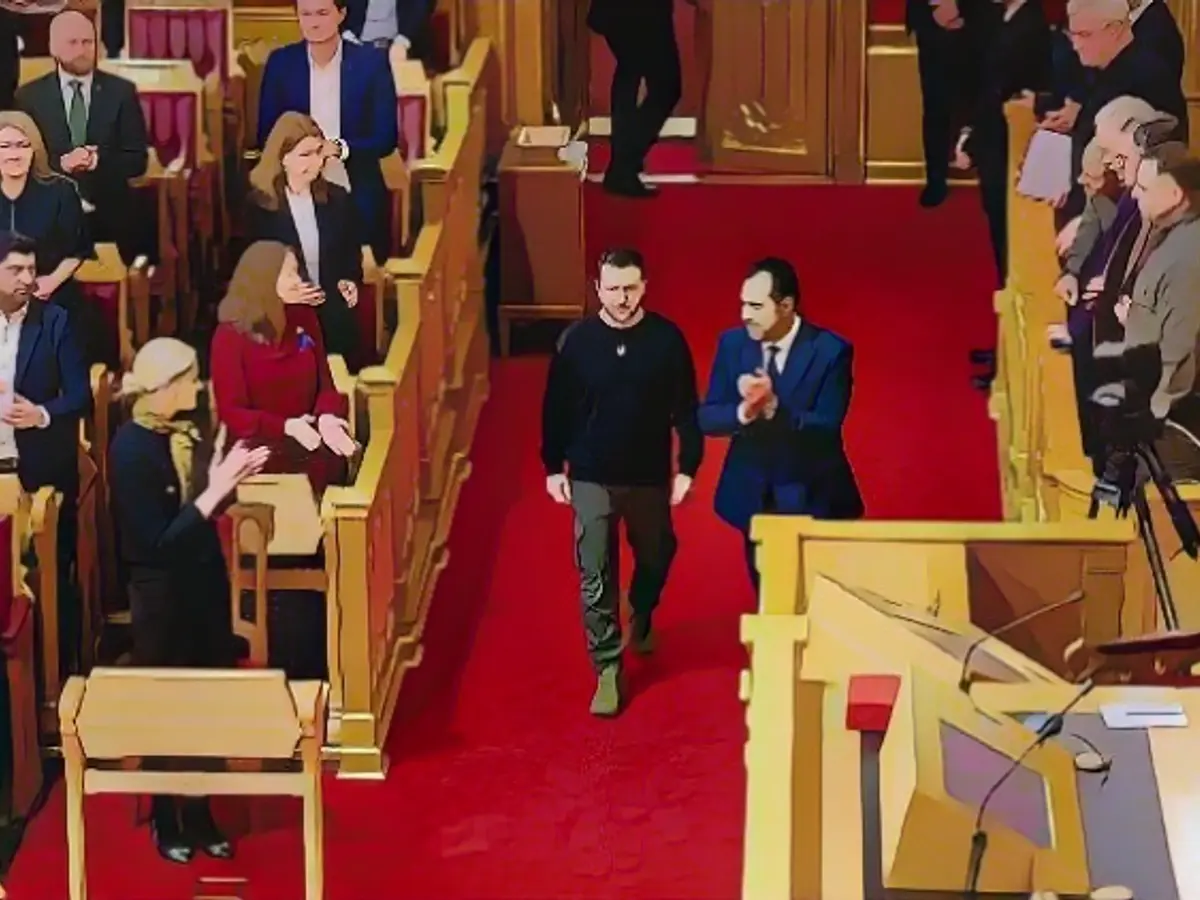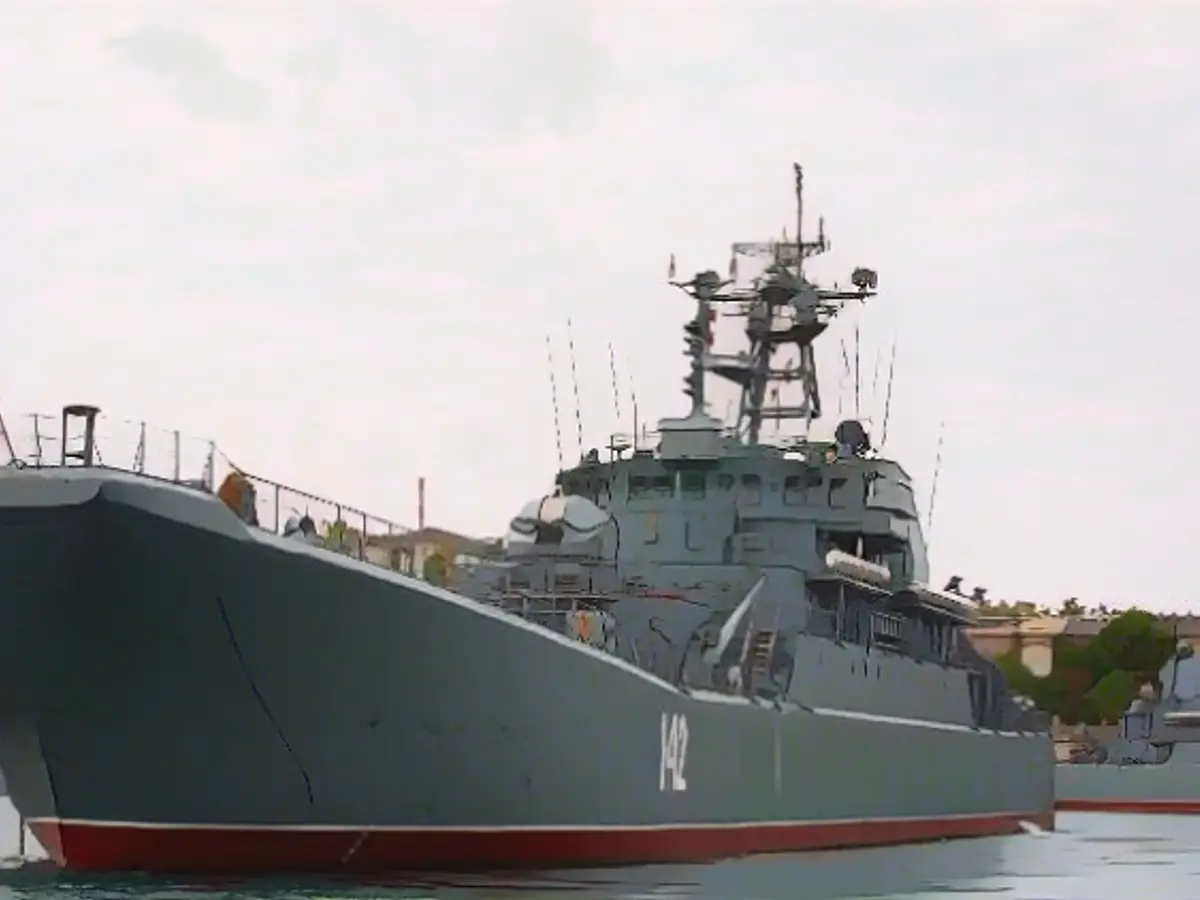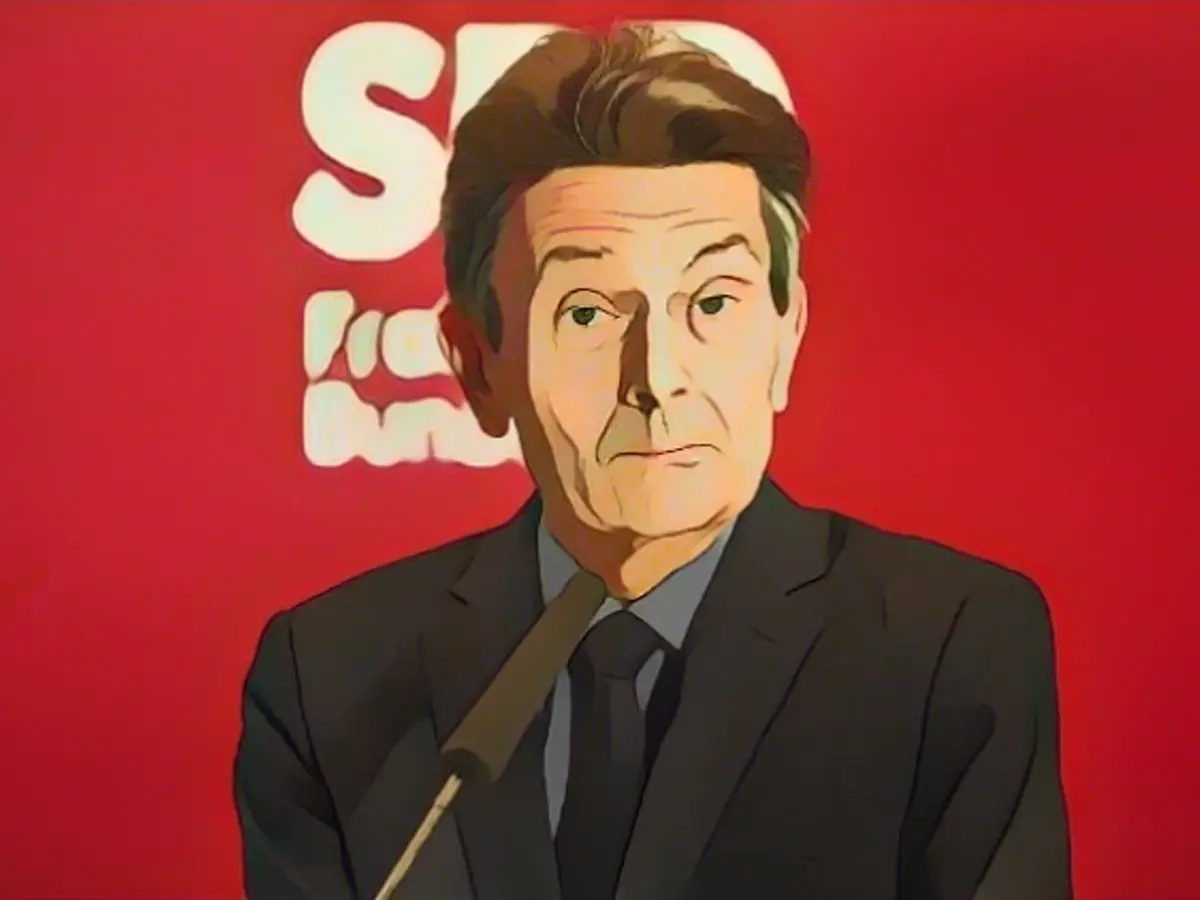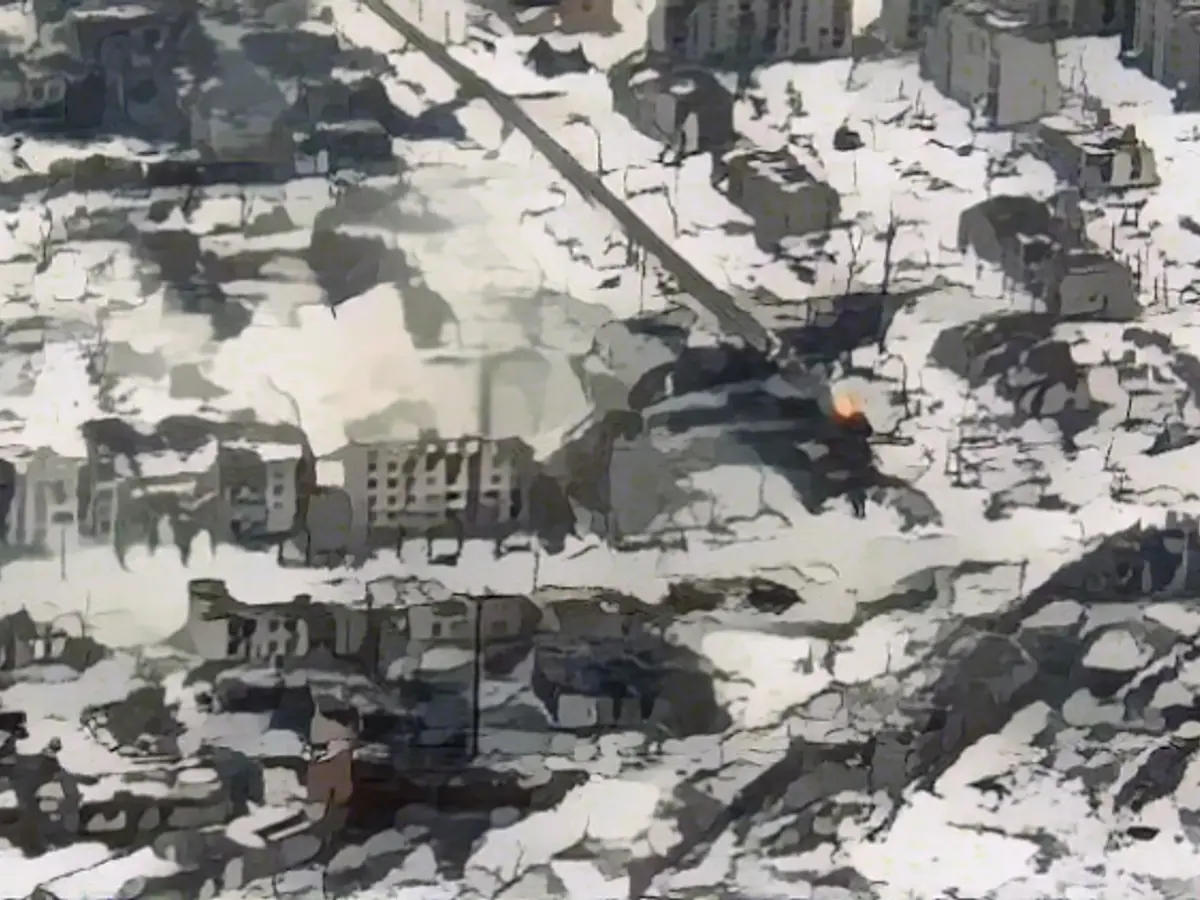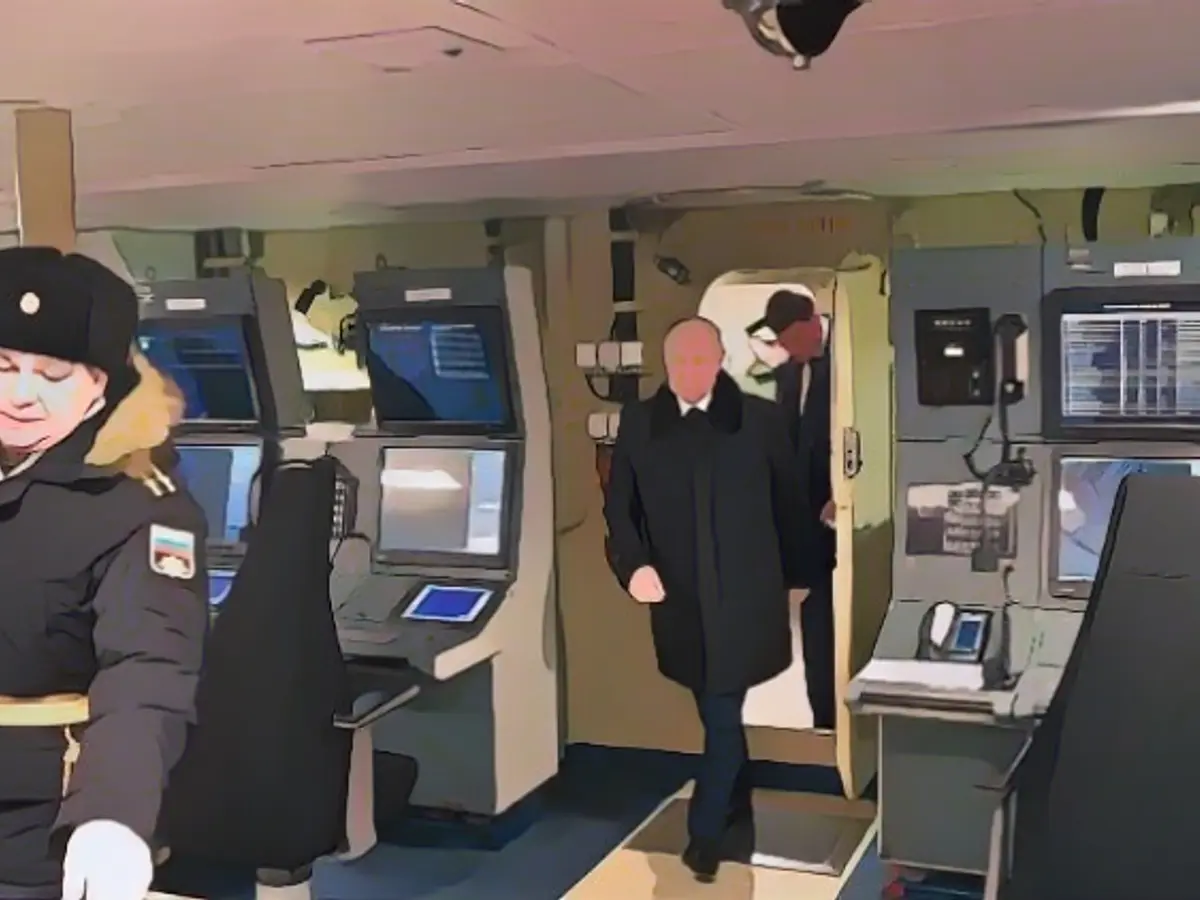Update: New Insights on Russian Military Losses in Ukraine
As the Ukraine conflict rages on, estimates of Russian military losses continue to surface. In a recent press conference, President Putin might have inadvertently revealed some staggering figures, suggestively pointing to around 617,000 soldiers on the front lines in Ukraine. In contrast, initial reports indicated approximately 250,000 Russian troops engaged in the war.
However, it is crucial to note that the reliability of the mentioned numbers should be scrutinized, as they come from Der Spiegel, a German news outlet. In addition, President Putin only mentioned the number of soldiers on the front, making it challenging to ascertain the precise number of casualties—including deaths and injuries.
Meanwhile, the US intelligence services estimate that Russia has suffered around 315,000 losses. This data, however, does not specify whether the loss tally consists of deaths, injuries, or both.
Nonetheless, these numbers demonstrate the potential magnitude of Russia's military expenditures and the impact on its military capabilities and resources, continually depleted by the conflict in Ukraine.
Russian Propaganda and Government Oversight
Amidst the war's ongoing turmoil, authorities have employed various tactics to maintain favorable narratives, frequently subjecting citizens to propaganda and limitations on free speech. A pertinent example of this strategy can be seen in the case of Igor Girkin, a former separatist leader and military blogger who publicly criticizes the Kremlin's military leadership.
Girkin, arrested in July 2022 for allegedly inciting extremism, is now facing trial in Moscow behind closed doors. Supporters of Girkin, known by the pseudonym Igor Strelkov, claim the trial is politically motivated, as he has expressed opposition to the Kremlin's military strategy in Ukraine and has expressed intentions to challenge Vladimir Putin in the 2024 presidential election.
This instance highlights Russia's tight control over any dissenting voices, employing arrests and trial proceedings to silence critics who challenge the ruling regime's policies and actions.
Ukraine's Plight: AI-Enabled Propaganda and Cyberattacks
Ukraine continues to grapple with cyberattacks and propaganda campaigns, highlighting the growing reliance on technology in today's conflicts. Notably, Ukraine's largest mobile provider, Kyivstar, experienced a massive hacker attack on December 14, 2023, which resulted in a network shutdown.
The cyber attack coincides with an alleged Russian AI-enhanced propaganda spectacle. In the television show "The Direct Line," President Putin engaged in a question-and-answer session with citizens while appearing alongside his AI double, presumably to further spread manipulative messages and maintain the status quo.
These digital threats highlight the dangers of using cutting-edge technology in modern warfare, while also demonstrating the importance of cybersecurity for protecting crucial resources such as communication networks and defense assets.
Ukraine's Position: Calls for EU Support and Solidarity
As negotiations towards EU accession begin, Ukrainian President Volodymyr Zelensky appealed to the EU summit to keep the promises of support for Ukraine. In a video message to the EU heads of state and government, he expressed his dissatisfaction with the slow pace of accession talks and the lack of devoted resources to Ukraine's defense campaign.
Zelensky's plea demonstrates Ukraine's reliance on external support, as it pursues the goals of closer integration with the EU and seeks security guarantees to counteract the threat posed by neighboring Russia.
In conclusion, the Ukraine conflict continues to reshape the geopolitical landscape while highlighting the importance of international solidarity, cybersecurity, and strategic resource allocation in modern warfare.
Sources: - - BBC News () -
Enrichment Data: The most notable new insights are the potential significant losses for Russia reported by Der Spiegel and US intelligence, as well as the widespread use of propaganda and AI-enhanced media for both Russia and Ukraine. Additionally, the cyberattacks on Ukraine are increasing the need for robust cybersecurity measures. These developments suggest a highly complex conflict that involves both conventional and unconventional warfare.
